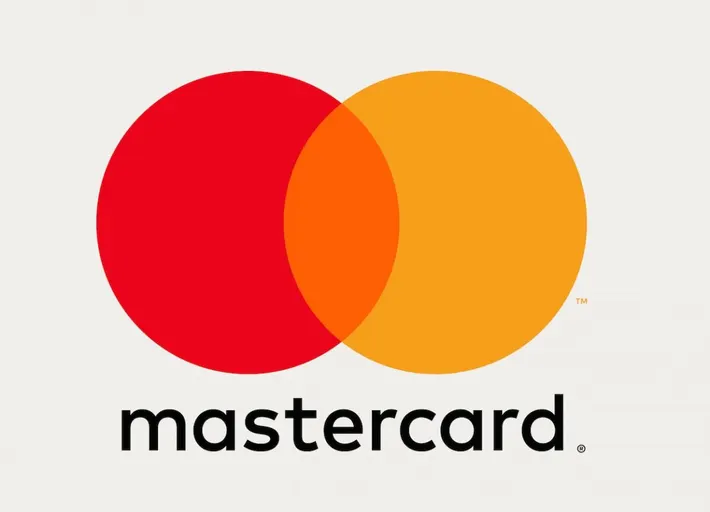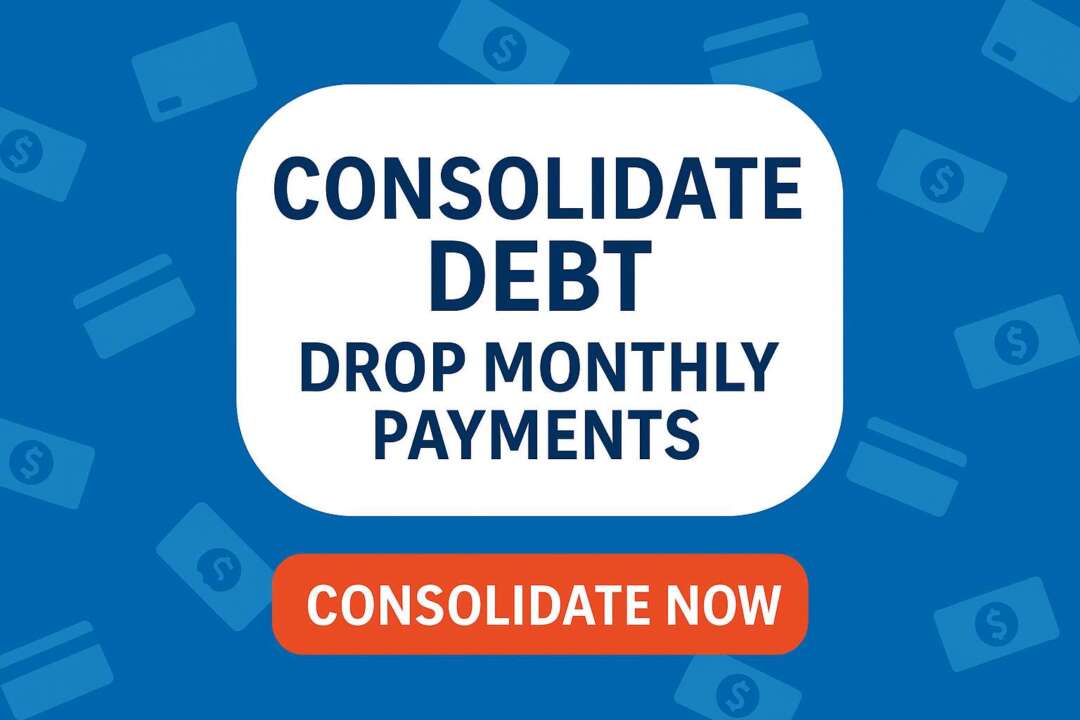
How to manage your money better to save money
Managing your money can be one of the most expensive things we do in our lives. Being efficient in the way you manage your finances can actually lead to a lot of savings. Saving money on financial services can be some of the most valuable types of savings because the money you spend on financial services doesn’t actually deliver products you live with, experiences you can remember, or services that transform your life.
If you can spend fewer dollars on bank fees or interest, your life is no worse off than it was before. So, one of the first things you should do when you are looking to save money is to analyze the way you’re managing your money and what it costs. There may be several ways to make significant progress towards your savings goals.
Stop paying interest
If you can stop paying interest you can save an enormous amount of money. The most interesting thing about saving money on interest expense is that it compounds over time. Simply putting that money to work in other parts of your life can help you earn interest, improve your living situation, or just do more with the resources you have. Of course it’s easier said than done to just stop paying interest.
When you put the savings from other saving strategies toward paying off debt, you double the effectiveness of your savings efforts because that money will help you save interest over time. Paying off debt is an especially powerful savings strategy when you have high-interest debt.
Check out our page on how to get out of debt for more information.
Refinance or consolidate debt
Few of us can wake up in the morning and just decide to stop borrowing the money we’ve already borrowed. But consolidating or refinancing debt can be one way of doing just that.
If you can reduce your interest rate even a little bit then you can save an enormous amount of money over time even. Especially if all we are doing is making the minimum payments. You can often drop your payments with an auto refinance or consolidate debt to lower your monthly expenses without extending the terms of your loan. If you continue to make the same payment you were before you refinanced or consolidated your debt, you will accelerate your path out of debt.
Seek debt counseling
In some circumstances, a person’s debt is truly unmanageable. Suffering under the weight of payments that are unaffordable, a person can be trapped in a financial situation with very little hope of escape. In these circumstances, the person would do well to seek debt counseling, particularly from a non-profit organization. A debt counselor would be able to assess the person’s situation to determine the best path forward. The non-profit organization rarely costs money but can help to structure the person’s financial life in a way to set them on a better foundation to make progress.
Start earning interest
If you already have a savings account but you’re looking to save more, one of the mistakes people make is just leaving that money in an account that isn’t earning any meaningful interest. If you know the money is going to sit there anyway, you should consider putting it into a high yield savings account or even a certificate of deposit. Earning interest on money that needs to be liquid but just sitting around can put money back in your pocket.
Review your banking fees
Banks actually rely on the fact that it feels too inconvenient to change to keep you in accounts that may no longer be your best option.
We may take for granted the services that our bank provides us. In many cases, we may not even notice the fees that we are being charged for those services. Banks often compete with one another for customers. It makes sense to periodically shop around to see if you can get better banking services with fewer fees. Even better, if you are committed to shopping around, your current bank may even be willing to waive certain fees or move you to an account that better meets your needs.
Get the most out of your credit card rewards
It doesn’t hurt to take a little extra time to figure out what kinds of rewards you get with your credit card. We often take for granted that our credit cards are there and the rewards tend to be gravy. But it may make sense to spend a little bit more time figuring out where you actually spend your money and whether the current credit card is really your best option. It may be that years ago you signed up for a credit card that gives sky miles and they haven’t been as valuable to you as a card that offers cash back.
Doing a little bit of research may go a long way in producing value while you use your card the way you always have.
Maintain a savings
I know it seems particularly ridiculous to say maintain a savings in order to save money, but hear me out. Too often when we run into minor financial disruptions, it costs an enormous amount of money to resolve those problems because we do not have an emergency fund or a rainy day fund. One of the most important things you can do to protect your efforts to grow your wealth and save more money is to have enough funds handy so that financial disruptions don’t become financial crises.
Monitor your cash flow
In Chinese culture, water represents money. And just like water, money can seep out of every corner if it isn’t sealed up. Money seems to find a way to leak out of our bank accounts and out of our spending.
One of the most effective things you can do when you’re trying to save money is to monitor your cash flow. This is more than just monitoring your monthly budget. It’s monitoring where your money is going on a day-to-day basis and making sure that you understand how you’re spending your money and where it’s going.
It’s amazing how many small leaks you can identify when you start monitoring your cash flow closely.
Increase savings rate with every income raise
Getting a raise at work can be one of the most exciting things to happen in one’s professional life. It can feel like you just received free money. You found patterns in your living under your previous income and now you’re given extra money. It’s easy to begin to think about all the ways you can spend that extra money. However, one of the most effective things you can do is to automatically assign some or all of that raise to a savings account.
If you can siphon off that extra money in an automatic account transfer into a savings account, you can jump start your savings.
Use a budget
Many people groan at the idea of having to live by a budget. People who are not particularly detail-oriented feel like living by a budget is akin to torture. The powerful thing about a budget, though, is that it clarifies how much money you really need in order to live month to month. By setting up a budget and attempting to live by it, you have the opportunity to see just how much money you can move into savings each and every month. Without setting up a budget, sometimes it’s unclear exactly where your savings is going to come from.
Invest, don’t just save
A savings is a great security from short-term financial disruptions, but people don’t build wealth by just putting money into a savings account. True power of wealth creation comes when you put your money into safe and reliable Investments that can build, and compound over time.
One of the rules of thumb of investing, though, is that you should only invest money that you do not think you need within the next 5 years. This will mean that you will not be in danger of needing the money if the stock market drops temporarily.
When you have money saved, you should invest some of it.
Set clear savings goals
“Saving money” is a great goal, but how do you know when you have accomplished your goal? It’s far more effective if you have very clear savings goals, the more specific the better. If you know you’re saving for a vacation, you have an idea of the progress you’re making towards that goal. If you know you’re saving for a rainy day fund, you have an idea of how big a financial crisis you can weather given the amount you’ve already saved. And, if you are trying to save in order to build wealth, you understand better how you need to save and where you need to put your money.
You can also be working towards more than one goal. The more goals and the more specific the goals the better it is for you to be able to make progress towards saving money.
There’s another reason why setting specific and clear savings goals is more effective. It is powerful human psychology. When we have set aside money for a particular purpose, we are less likely to dip into those funds for other reasons, especially frivolous reasons. It’s a way of putting a psychological fence around our money to be used in the way that we would like to use it.
Review your credit card or debit transactions every month
Taking a close look at your credit card or debit transactions every single month may not in and of itself keep you from swiping that card at your local store. But it has a powerful effect on your thinking. When you see where every dollar goes in one sitting, it helps you make better decisions as to what you truly value. Reviewing the transactions isn’t necessarily about finding the expenses that you should avoid. It’s more about recognizing whether where you are currently spending your money is really where you want to be spending your money. Too often, we look at the transactions and realize that we don’t get as much pleasure or satisfaction from the purchases that we were making as we thought we would.
Simply facing that realization can often keep us from perpetuating behaviors that we didn’t realize don’t bring us joy or satisfaction.
Pay bills on time
It’s amazing how late fees can pile up. Being a little bit more conscientious about paying our bills on time can save people hundreds of dollars a year. According to the Consumer Financial Protection Bureau, Americans spend $40 per person on credit card late fees every year. People can incur late fees from their mortgage payment, utility bills, debt payments, rent payments, and other ways. It wouldn’t be surprising if people who are late paying some of their bills some of the time spend hundreds of dollars every year. This is a cost that gets them absolutely nothing. For chronically late-payers, they might be giving away a car payment every year because they fail to pay their bills on time.
Whether it’s a question of organization or not having the money when they need it, figuring out how to get ahead of the problem of paying bills late can help you save significant money every year.
Take advantage of employer benefits
Understanding the benefits and employer offers can be daunting, especially during open enrollment when there’s a deadline. Too many employees pass up benefits that would help them save money. Some possible examples include:
- 401k matching: If an employer is offering any 401k matching, invest at least enough to earn the company match.
- Health savings accounts: Health savings accounts (HSAs) enable you to withdraw money from your paycheck before taxes if you have regular healthcare expenses. By using an HSA for known costs, you save at least the tax rate on that amount.
- Child care savings account: Use your employers child care savings account to take advantage of their tax benefits.
- Services: Some employers offer limited financial coaching, legal services, or other benefits that employees rarely use. Those services can help save a significant amount of money when needed.
Make sure you don’t over do your benefits
Employee benefits can be very complicated. When you’re faced with the need to make a decision on complicated benefits packages it’s common for people to err on the side of signing up for too much coverage. Of course, it makes sense that you’re concerned about what might happen in the future. That means some families are spending far more on health insurance premiums, or putting too much money in health savings accounts, or signing up for life insurance that exceeds their needs.
One of the things that you ought to do when you are assessing your employee benefits options is determining what is really necessary. If maximizing your coverage brings you peace of mind, then it may not be a bad thing, but if you are doing it out of fear it might not be worth the money. One of the signs that you are signing up for too much is if you aren’t even sure what benefits you can take advantage of two months after open enrollment.
Avoid ATM fees
Accessing cash through an ATM is incredibly convenient. Pulling $30 out of a machine when you’re out on the town or when you’re in an unfamiliar city can make your life much easier. The problem arises when doing so costs you $2 or $3 for every withdrawal. If you are paying $3 every time you pull $30 out of a machine, you are essentially paying more to access your own money than you would to borrow from a payday loan store.
Plan ahead and make sure that you only access ATMs that are in your bank’s network. This can save you quite a bit of money over the course of a year.





























